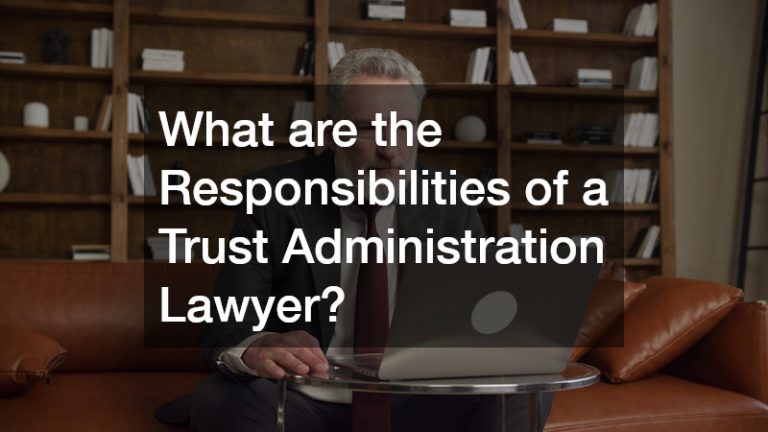

Understanding how to handle a DWI stop after consuming alcohol is crucial for ensuring your rights are protected and minimizing legal repercussions. This article provides comprehensive guidance on the most common concerns people have regarding DWI stops. By being informed and prepared, individuals can navigate these challenging situations more effectively, ensuring they do not inadvertently waive any legal rights. Understanding the proper steps to take during a DWI stop can significantly affect the outcome and potentially mitigate severe consequences. Knowledge is your best defense in these circumstances, making this guide an essential read for anyone who drives.
What Should I Do If I’m Pulled Over for a DWI?
When you see those flashing lights in your rearview mirror, it’s essential to stay calm and collected. Safely pull over to the side of the road and turn off your car. Keep your hands on the steering wheel and wait for the officer to approach. When asked for your documentation, such as your driver’s license and registration, provide them promptly, but consider carefully whether to answer additional questions about your activities. Remember, anything you say can be used against you later in court, so be mindful of your words.
If the officer suspects you of DWI, they may ask you to perform field sobriety tests. These tests are not mandatory, and you have the right to decline them. However, refusing may lead to arrest or further suspicion. Weighing the pros and cons is essential, as the results can be subjective and ultimately used as evidence against you. On the other hand, a refusal cannot directly be used against you as concrete proof of intoxication.
In some states, refusing to take mandatory chemical tests, like a breathalyzer, can result in automatic license suspension. Understanding the laws specific to your state regarding implied consent can help you make informed decisions during a DWI stop. Complying with chemical tests may work in your favor if you believe your blood alcohol concentration is below the legal limit. Remember that officers are trained to notice signs of intoxication, so it’s crucial to act with composure throughout the interaction. Having the right approach to these situations can mitigate further legal complications.
What Are My Legal Rights During a DWI Stop?
It is imperative to be aware of your legal rights during a DWI stop to ensure they aren’t violated. First and foremost, remember that you have the right to remain silent beyond providing basic identification and vehicle information. Politely inform the officer that you choose to exercise this right if questioned further about your drinking habits. This silence cannot be held against you as an admission of guilt in court. Additionally, be aware that you have the right to legal representation if you are detained or arrested.
Moreover, you have the right to refuse a search of your vehicle without a warrant. If an officer insists on searching your car, politely mention that you do not consent to the search. However, note that if the officer has probable cause or a warrant, they may proceed regardless of your consent. Understanding these nuances can help you protect your privacy and maintain control of the situation. Always stay calm and courteous while firmly asserting your rights.
It’s important to know that any evidence obtained during an unlawful stop or search may be deemed inadmissible in court. This includes any statements made or test results obtained without proper legal framework. By understanding these rights, you can better protect yourself from unnecessary legal ramifications. Engaging a qualified DWI attorney early can ensure these rights are vigorously defended. Legal expertise can be invaluable in navigating such situations effectively.
What Should I Do After Being Charged with a DWI?
If you are charged with a DWI, the steps you take immediately after can significantly impact the outcome of your case. It’s crucial to seek the assistance of a qualified DWI attorney, who can guide you through the legal process and advocate on your behalf. A good attorney will review all evidence, including the validity of the stop and the administration of any tests. They can also identify any potential defenses or mitigating factors unique to your case. Securing legal counsel promptly ensures your rights are protected and that you receive fair treatment under the law.
While waiting for your court date, it’s essential to adhere to any conditions set forth as part of your release, such as attending mandated classes or sobriety programs. Failing to comply can result in additional legal consequences or a worsened disposition in court. Additionally, document any relevant information regarding your stop, such as witness statements or environmental conditions, which may be beneficial for your defense. Being proactive during this time can turn accounts in your favor during legal proceedings. An organized and prepared defense can significantly influence the court’s perception of your case.

Handling a DWI stop requires knowledge of your rights and responsibilities. By understanding the outlined strategies and seeking adequate legal guidance, you can navigate the situation more effectively and mitigate potential consequences. Preparation and awareness are key to ensuring the most favorable outcome in such challenging scenarios. Your actions during and after a DWI stop can significantly affect your legal position. Taking informed steps and consulting professionals can provide the clarity needed to navigate complex DWI-related legalities.


